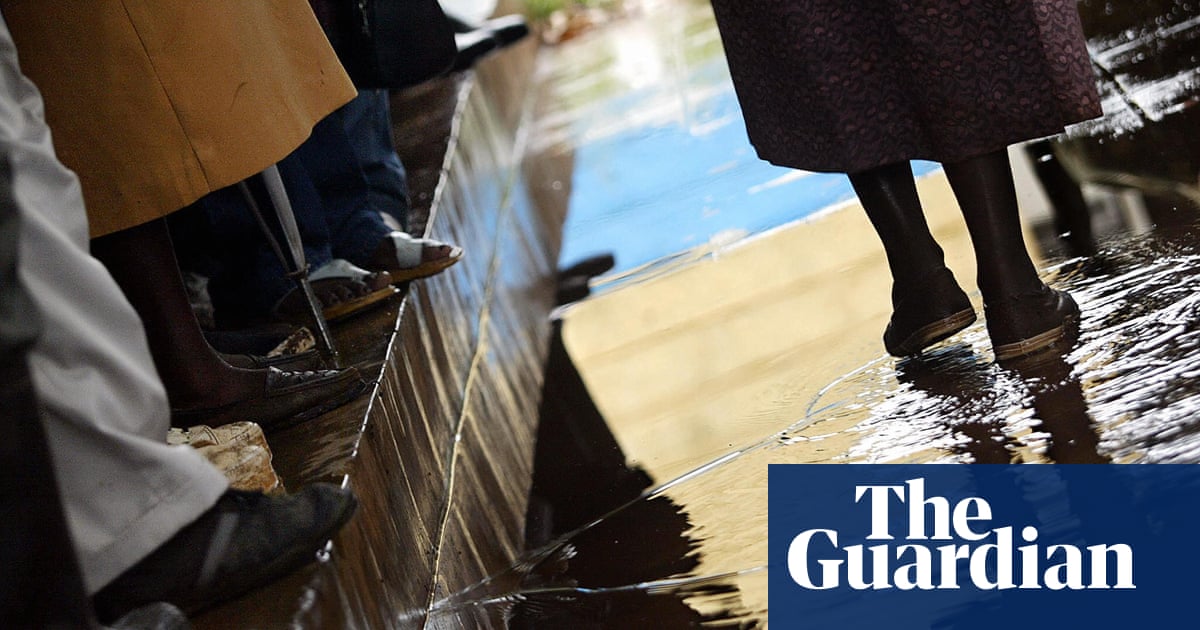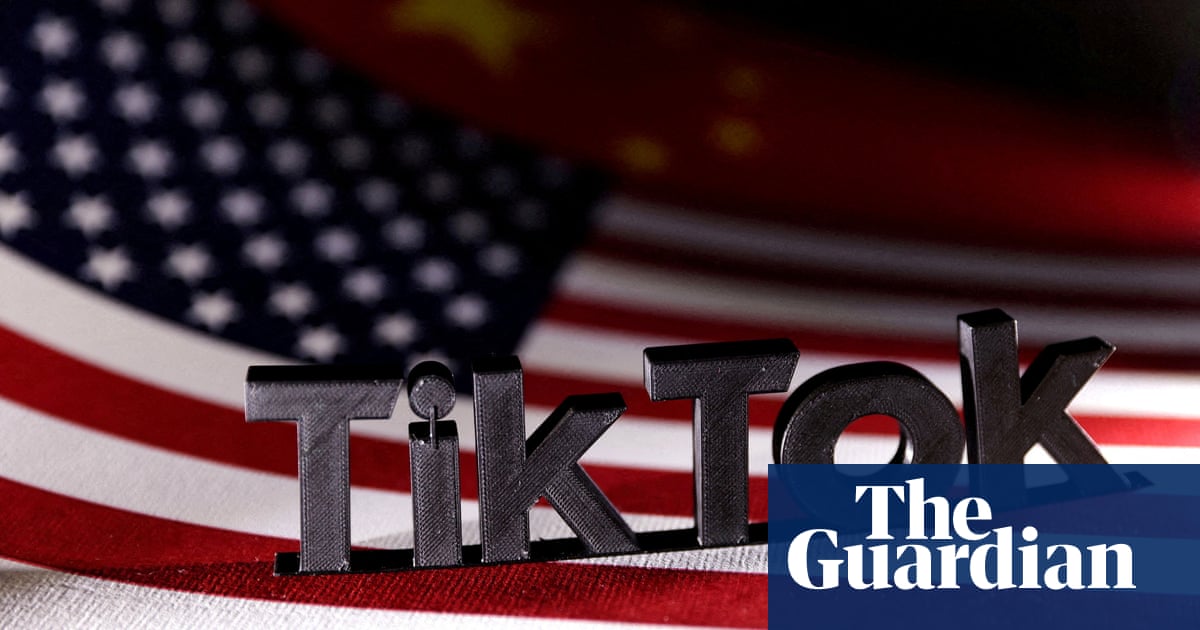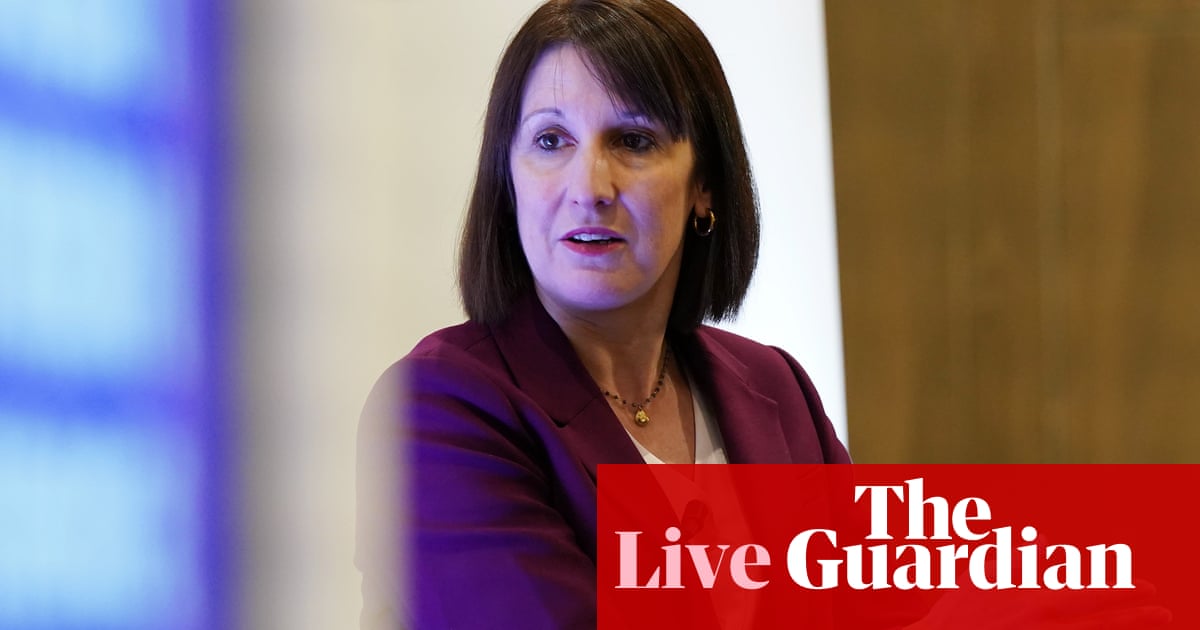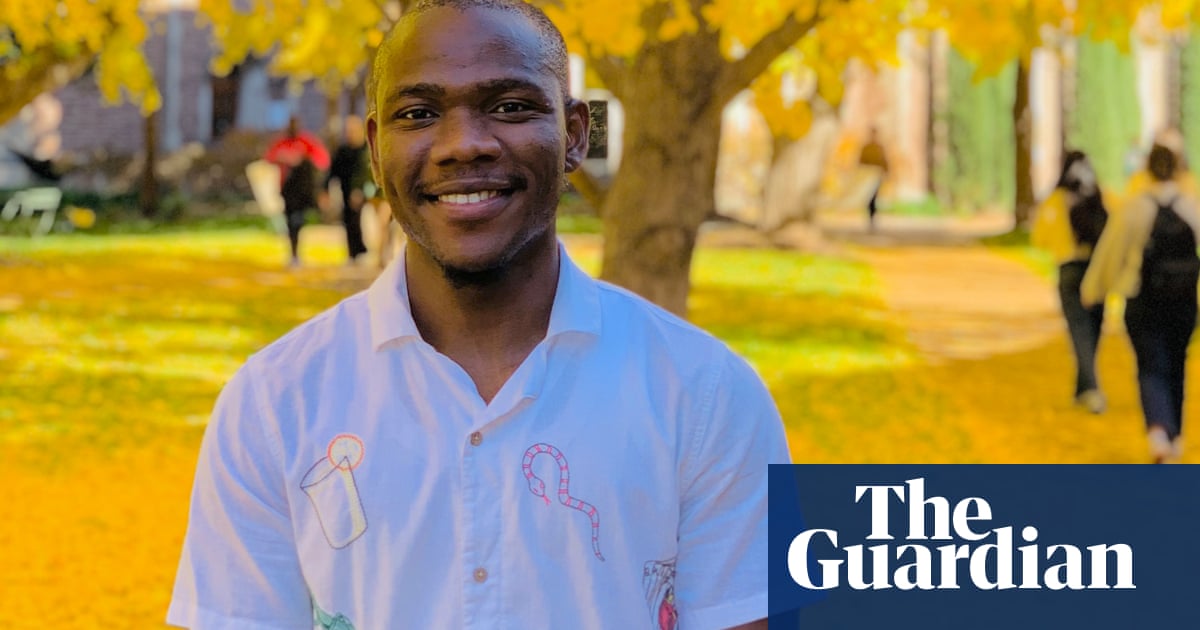In the hours after Joe Biden’s decision to end his re-election bid and endorse Kamala Harris as the democratic nominee for president, 40,000 Black women – leaders in politics, business and entertainment – met on a Zoom call to rally around the vice-president.
“We went from that call to organizing our house, our block, our church, our sorority, and our unions,” said Glynda C Carr, president and co-founder of Higher Heights, an organization that works to help Black women get elected to political office. “That is what we did for the 108 days that she ran for office. Black women used our organizing power around a woman that we knew was qualified, that had a lived experience.”
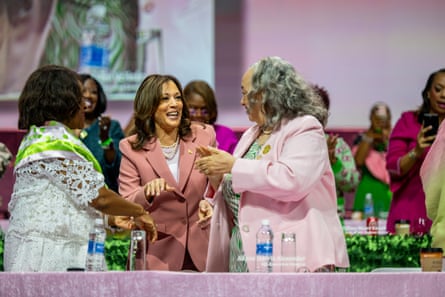
For many, Harris seemed to be the one woman to break the glass ceiling of reaching the highest office in the US. Harris, a graduate of Howard University, a historically Black college in Washington DC and a member of the country’s oldest Black sorority Alpha Kappa Alpha Sorority Inc (AKA), who had become the first Black female vice-president after spending a career as a prosecutor, California’s attorney general and senator, had reached a point where voters would welcome a woman – many deemed to be beyond qualified – versus Donald Trump, an embattled former president then awaiting sentencing on more than three dozen felony convictions.
“Here is a woman that has had access to be able to build upon legacies and blueprints,” Carr said. Harris’s candidacy was so exciting because “she literally embodies Black excellence for Black women.”
Harris’s 107-day campaign to become president began in a year of recognizing the anniversaries of pivotal advancements for Black people during the Jim Crow era and Civil Rights movement – 70 years after Thurgood Marshall, Constance Baker Motley and the NAACP dismantle school segregation; 60 years after Fannie Lou Hamer spoke at the 1964 Democratic national convention; and 52 years since Shirley Chisholm became the first woman and first Black to run for president.
“It gave so much hope,” said Christian F Nunes, president of the National Organization for Women and part of generation X, who never thought she’d see a Black president – let alone a Black woman president. “It was like the opportunity and manifestation of our ancestors’ wildest dreams. That’s what I thought to myself like, if she is elected, this is what our ancestors have dreamt about, and women, and Black women have dreamt about our entire lives.”
It was that hope that fueled a wide-range of support from Democratic leadership, including former president Jimmy Carter who cast his ballot for Harris weeks after turning 100. Republicans such as former congresswoman Liz Cheney and her father, Dick Cheney, who served as vice-president in the George W Bush administration. Bipartisan support, an aggressive and energized campaign with a huge funding arm from several groups supporting Harris wasn’t enough to overcome the second election of Trump, who saw growth in his voting base among Black and Latino voters. Trump garnered more than 75m votes as of Sunday evening, and won the popular vote for the first since he began his ascension to the White House.
“Harris’s candidacy was working for unity and democracy and protecting freedom,” Nunes, 46, said. “Then we had another candidate who basically ran on a campaign to take away freedoms. I felt that this loss was not a reflection of her ability to lead. I felt like it was a reflection of voters who said that they would show up for her, but failed to show up for her. And also, people’s inability to trust women and stand up for women – particularly, especially a Black woman. And I feel like this continuously resonates and shows up in so many spaces and I think that’s the part that was hurtful.”
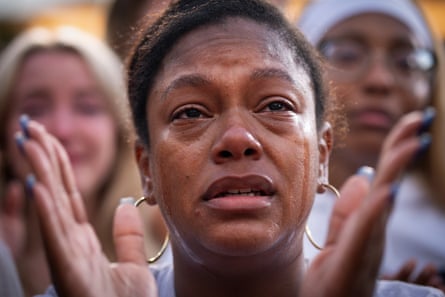
Trump’s victory came from voters who were so put off by the US’s trajectory that they welcomed his brash and disruptive approach. About three in 10 voters said they wanted total upheaval in how the country is run, according to AP VoteCast, a sweeping survey of more than 120,000 voters nationwide. Even if they weren’t looking for something that dramatic, more than half of voters overall said they wanted to see substantial change.
Both nationwide and in key battleground states, Trump won over voters who were alarmed about the economy and prioritized more aggressive enforcement of immigration laws. Those issues largely overshadowed many voters’ focus on the future of democracy and abortion protections – key priorities for Harris’s voters, but not enough to turn the election in her favor.
Rarely has ethnicity, race or gender been mentioned in many after-election interviews, as reasons for not supporting Harris’s bid for president or why they preferred Trump, but some Harris supporters believe they were an underlying reason many will not admit to.
after newsletter promotion
Shavon Arline-Bradley, president and CEO of the National Council of Negro Women (NCNW) said Harris’s campaign of inclusion and strong support from the Democrats’ most loyal voting block – Black women – could not withstand “the wall of white nationalism and racism and classism and sexism and misogyny”.
“It could not withstand the wall of an electorate that used class, race and gender to block the opportunity for an all-inclusive society that our country is so-called built on,” she said. “This idea of womanhood in leadership still becomes unfathomable for many.”
New Orleans resident Laureé Akinola-Massaquoi is the mother of a two -year-old daughter, and said that Harris being the Democratic nominee for president, meant a more equal, progressive future for all of America, not just for Black people, but for everybody.
But when Akinola-Massaquoi, 36, woke up on 6 November and saw that Trump had won the election, she was “disgusted, disappointed, just annoyed, really annoyed”.
“Nowhere else can other people do the things he does or say the things he does, or have the record he has and become president of the United States. I just don’t even know how he even got this far,” she said.

.png) 1 month ago
11
1 month ago
11


